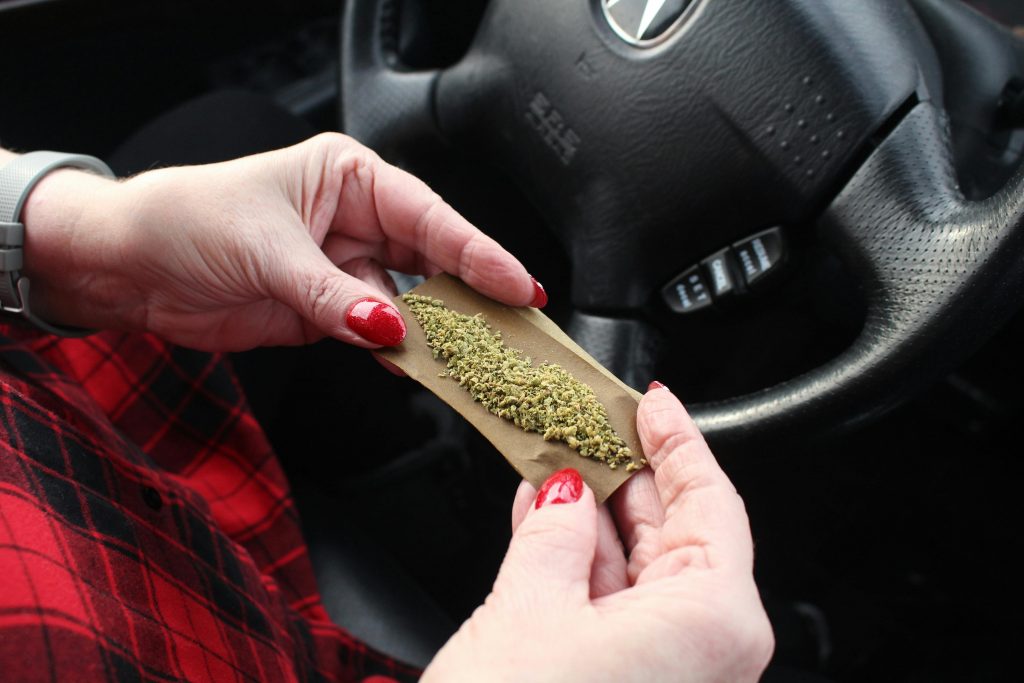Women Who Use Marijuana Face Increased Risk of Death from Heart Disease

A new study shows women who often smoke marijuana are at significantly higher risk of death from heart disease compared to women who do not use marijuana.
Researchers noted that certain cannabinoids like THC — the primary psychoactive substance in marijuana — may contribute to inflammation, vascular problems, and hardening of the arteries. Marijuana smoke also exposes users to carbon monoxide, which poses a health hazard.
Researchers also pointed out that marijuana users are at increased risk of blood vessel ruptures.
All of this can contribute to heart disease and death.
A growing body of scientific evidence reveals that marijuana is harmful.
A recent study by the American Heart Association found that marijuana users face increased risk of heart attack and stroke compared to non-users.
Marijuana smoke contains toxins and carcinogens similar to tobacco smoke.
Teens who use marijuana are 11 times more likely to develop a psychotic disorder.
Research closely links marijuana use with increased risk for depression and bipolar disorder and to higher rates of schizophrenia in young men.
Right now the group Arkansans for Patient Access is actively working to drastically expand marijuana in Arkansas.
The group has until July 5 to collect 90,704 petition signatures from registered voters to place the marijuana amendment on the ballot.
If passed, the amendment would give free marijuana cards to immigrants and out-of-state residents who come to Arkansas to use marijuana.
The amendment would guarantee marijuana growers and sellers a monopoly over the state’s marijuana industry.
Marijuana users would no longer need to show they suffer from a specific medical condition listed in state law — making it easier to use marijuana recreationally.
The measure also fails to limit the amount of THC that marijuana products can contain, and it repeals restrictions on marijuana advertising.
All of this would lead to more marijuana in the state.
As we have said for years, marijuana may be many things, but “harmless” simply is not one of them.
Articles appearing on this website are written with the aid of Family Council’s researchers and writers.




